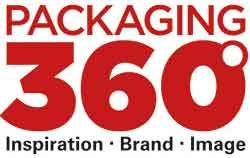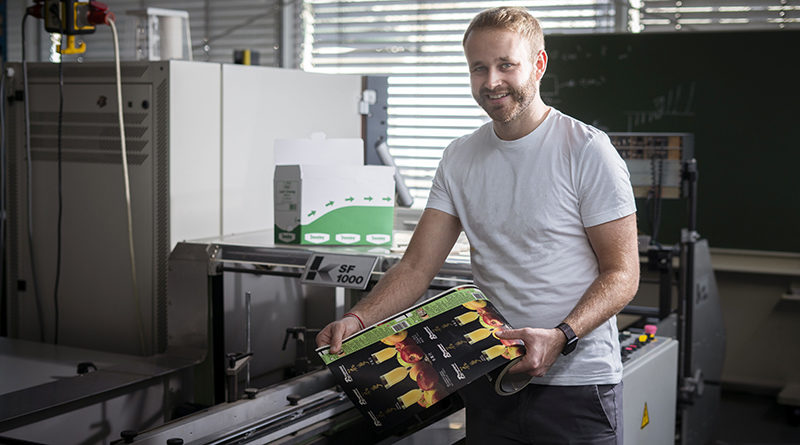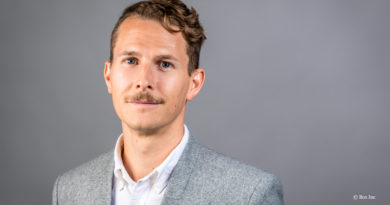Qualified Young Talents for the Packaging Industry
There are currently six universities in Germany where packaging technology is offered as a Bachelor’s degree course. One of them is the Munich University of Applied Sciences. Here the focus is on the mega topic of the industry: sustainability.
As a result of the new packaging law, higher quotas for the recycling of packaging have been in effect since 2019, and these will increase again in 2022. These must therefore be considered when designing new packaging solutions. In addition to concern for the planet, this is one more reason to gear the education of future generations of packaging engineers towards a sustainable way of thinking. Accordingly, the degree course at the Munich University of Applied Sciences bears the title “Packaging Technology and Sustainability.”
Sustainability is more expensive
Prof. Dr. Sven Sängerlaub is a professor in the Munich-based study programme. He points out that packaging accounts for the smallest part of most products in terms of energy and raw material consumption: “As a rule, ten to fifty times as many resources are used for the packaged goods as for the packaging itself. In the case of food products, it is mainly meat and dairy products for which a great deal of resources have been expended and which at the same time have very high requirements in terms of hygiene and therefore packaging,” says Sängerlaub. Today, companies and customers still have to accept that sustainable packaging costs a little more. It also has to meet additional requirements such as machine processing during production, visual attractiveness and ease of handling.
Biobased packaging as an alternative
According to Sängerlaub, the industry today uses a great deal of know-how to develop packaging that is suitable for recycling, consists of renewable resources or is biodegradable, but still provides optimum protection for the product. The contents of the course in packaging technology and sustainability are therefore aimed at developing the most sustainable packaging by means of life cycle assessments. For example, a number of renewable raw materials are tested in the laboratory for their suitability for everyday use. “Plastic-free and plastic-reduced packaging is a growing trend. In addition to the issue of recyclability, research is currently focusing strongly on renewable raw materials. From algae-based plastics to transparent films made from hemp or cardboard made from grass, many biobased packaging materials are real alternatives to plastics made from fossil raw materials,” Sängerlaub explaines. While more importance is attached to good recyclability in Germany, material with good compostability is more in demand abroad.
The study course
However, before the students start concrete experiments on packaging solutions, they are taught the basics: mathematics, chemistry, physics, mechanics, electrical engineering and construction as well as introductions to various packaging materials and means. Life cycle assessments and recycling are already addressed here. Packaging specific lectures follow, including for example “Fibre-based Packaging”, “Plastics Technology” or “Packaging Technology I and II”. An industrial internship is also part of the curriculum; in this case (as with the three-month theses) the university works in cooperation with partner companies. These include APLA, TetraPak, BHS and Hans Kolb. Those who wish to continue their studies after the bachelor’s degree can do so; a corresponding master’s degree is offered. This is also open to Bachelor graduates from related technical subjects. Marius Franz, a student in the 7th semester, explains what he likes about the Packaging Technology and Sustainability course: “I am excited about the wide variety of the course. In teams, it is almost always possible to find improvements for packaging, whether in terms of sustainability or handling. Everything is very practice-oriented; we always have a direct link to material and product.” The application-oriented research work in packaging technology at the University of Applied Sciences in Munich focuses on radiation tempering, packaging and films, adhesives and the interaction of coating materials with paper.




